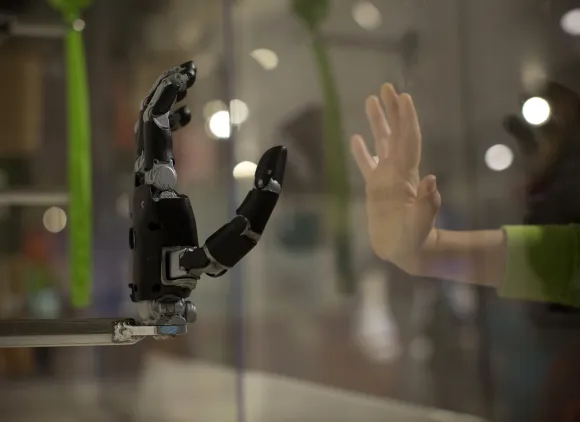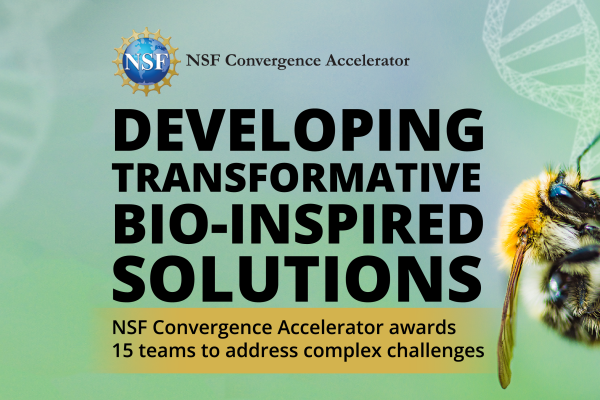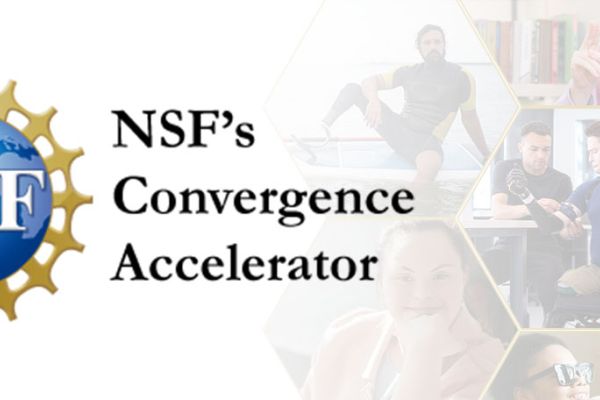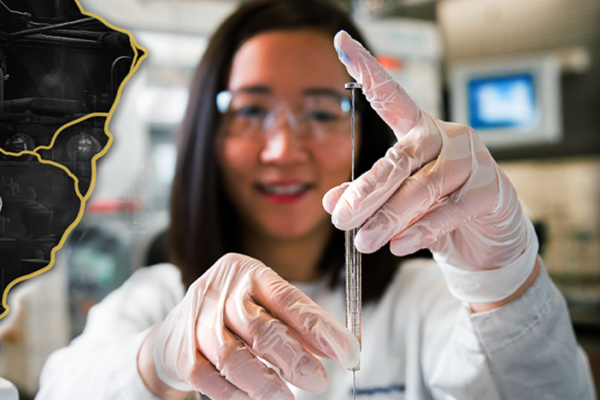The U.S. National Science Foundation invests in research to address challenges faced by persons with disabilities and patients undergoing rehabilitation after illness or injury. This work includes the development of assistive and rehabilitative technologies to enhance quality of life and provide greater opportunities for gainful employment, as well as fundamental research to understand human-machine interactions.
 On this page
On this page
What we support
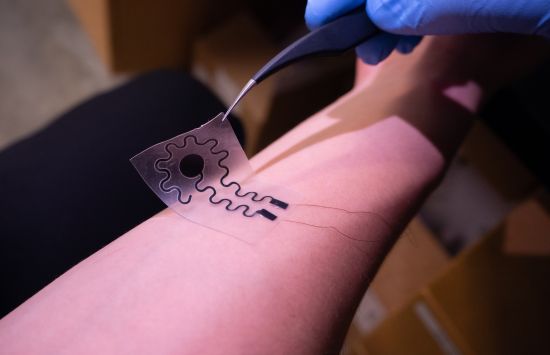
Assistive technologies and devices
NSF supports the development of technology to help improve the quality of life for people with disabilities.
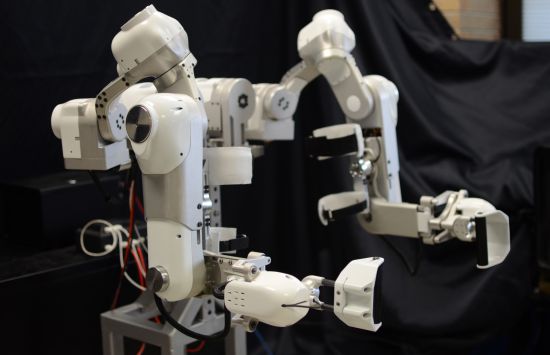
Rehabilitation robotics
NSF supports research on the use of machines to help patients in rehabilitation.

Biomedical engineering
NSF supports fundamental and transformative research that integrates engineering and life sciences to solve biomedical problems.
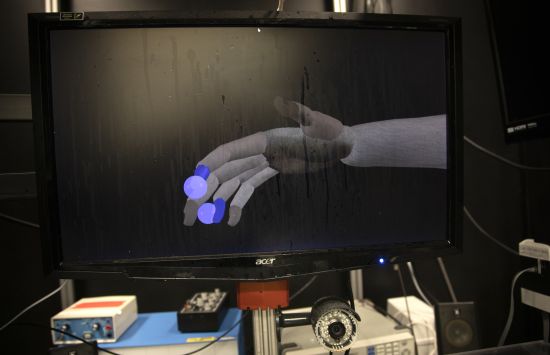
Human-machine interfaces and communication
NSF supports research to explore how the human brain can interact and connect with machines in ways that can help patients and individuals with disabilities.
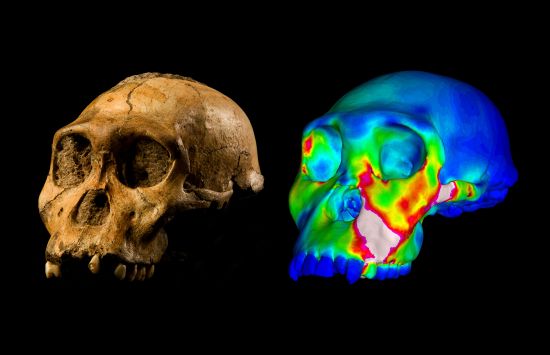
Biomechanics
NSF supports research on the mechanical function of cells, organs, tissues and organisms and the effects of physical forces on living things.

